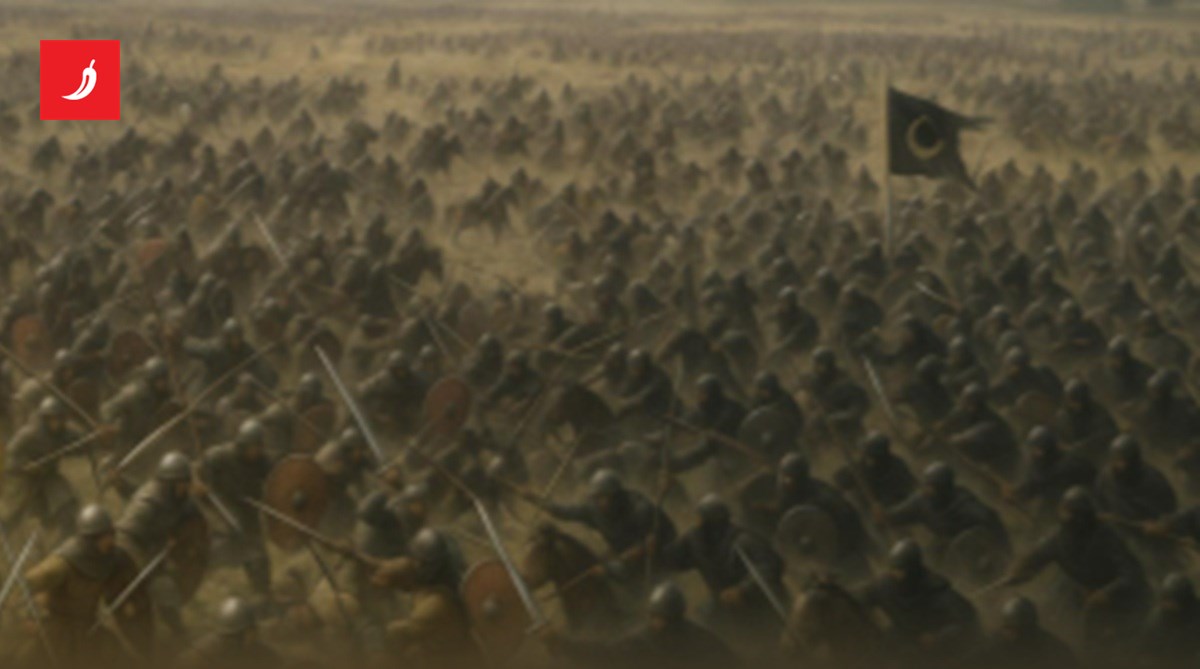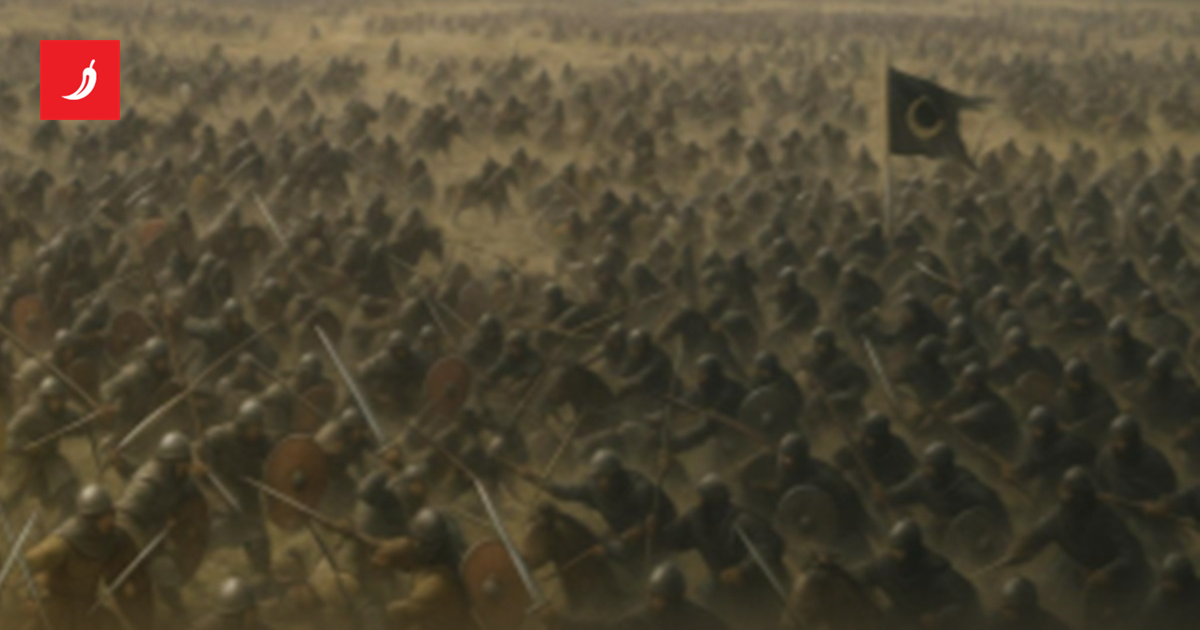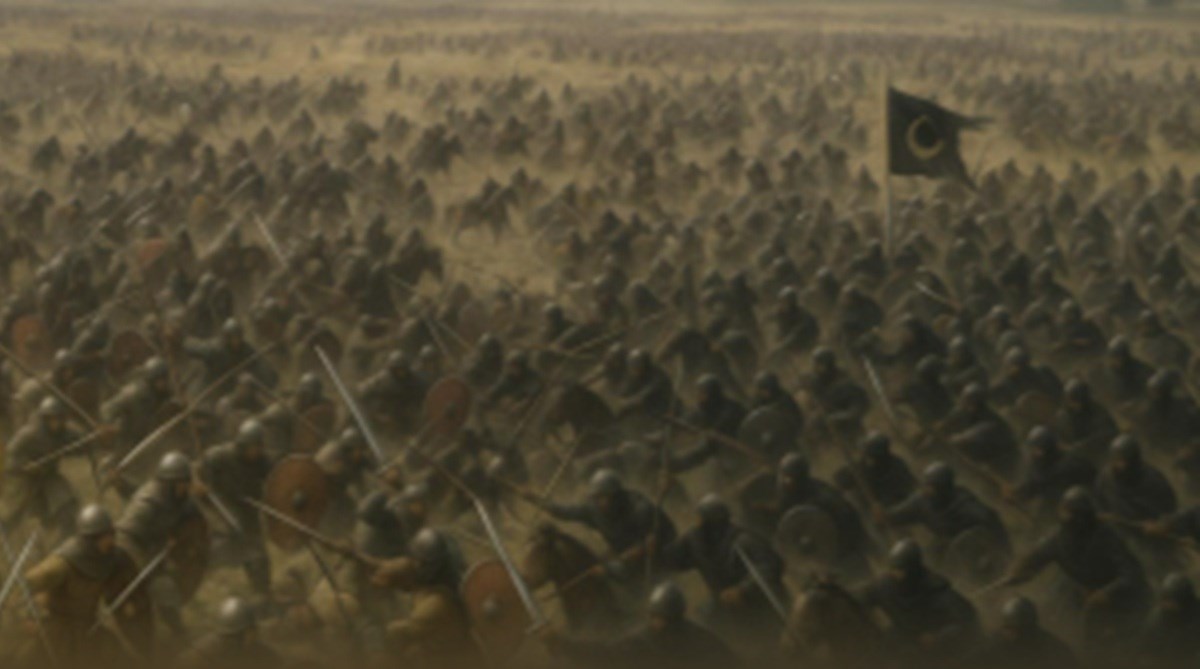The Battle of Toulouse, fought on June 9, 721, represents a key moment in early medieval European history, marking the first major victory of Christian forces over Muslim invaders in the western part of the continent. The battle was fought between Frankish forces led by Duke Odo of Aquitaine and the Muslim army of the Umayyad Caliphate, commanded by Governor Al-Samh ibn Malik al-Khawlani. This victory halted the further advance of Muslim forces from Al-Andalus northwards, preserving Christian dominion in the Aquitaine region. Although details of the battle are scarce, it is known that Odo utilized tactical skill and terrain advantage to launch a surprise counterattack, inflicting heavy losses on the Muslim forces, including the death of their commander. The Battle of Toulouse had far-reaching consequences, strengthening Aquitaine’s position and laying the groundwork for later Christian victories such as the Battle of Poitiers. This event remains a symbol of resistance and a pivotal turning point in slowing Muslim expansion in Western Europe.
Political Perspectives:
Left: Left-leaning reports tend to emphasize the historical significance of the Battle of Toulouse as a moment of resistance against invasion and the defense of local populations. They may highlight the cultural and religious diversity of the period and caution against framing the conflict purely in terms of religious warfare, instead focusing on the broader socio-political context and the consequences for regional autonomy.
Center: Center-leaning sources present the Battle of Toulouse as a significant military and historical event marking the halt of Muslim expansion into Western Europe. They focus on the strategic and tactical aspects of the battle, the leadership of Duke Odo, and its role in shaping medieval European history. The narrative is factual and balanced, acknowledging the importance of the battle without ideological bias.
Right: Right-leaning narratives often emphasize the Battle of Toulouse as a defining moment in the defense of Christian Europe against Muslim invaders. They highlight the religious and civilizational clash, portraying the victory as a triumph of Christian values and a crucial step in preserving European identity. The battle is framed as a heroic defense against foreign aggression, sometimes with a focus on the legacy of Christian military leadership.






















